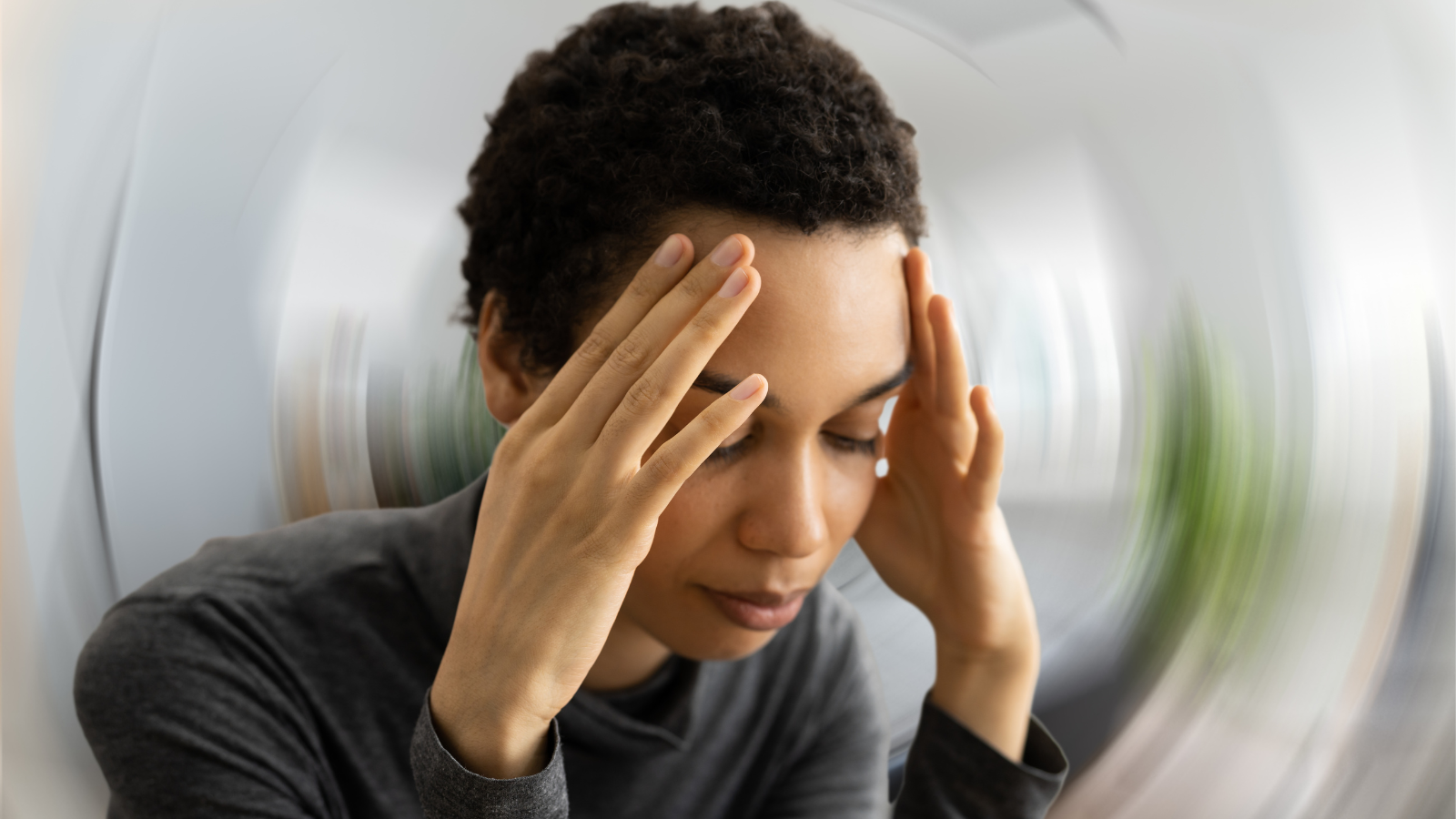Both dizziness and balance problems can overlap but they can also have different causes. Let’s take a look at the most common causes of these conditions, including inner ear disorders and medications.
Inner ear disorders
Inner ear disorders can be the reason for balance problems and dizziness.
The most common inner ear disorders include:
- Labyrinthitis — can make you feel dizzy, cause balance problems, nausea and vomiting, hearing loss or ringing in your ears
- Vestibular neuritis — causes the same symptoms as labyrinthitis, except it doesn’t cause hearing loss or ringing
- Positional vertigo — can make you feel dizzy, almost as though the room is spinning, and can also cause balance problems because of extreme dizziness
- Meniere's disease — causes vertigo, as well as pressure and ringing in your ears and hearing loss
Cardiovascular conditions
Cardiovascular (heart-related) reasons could also explain why you experience dizziness or balance problems. These include low blood pressure, anxiety and panic disorders and more.
Low blood pressure
Having low blood pressure can cause you to feel dizzy and even faint. It can also cause symptoms such as blurred vision, weakness, confusion and nausea.
If you notice that you feel dizzy throughout the day and have other signs of low blood pressure, speak with your doctor so they can run some diagnostic tests and check it for you.
Arrhythmias
An abnormal heart rhythm or arrhythmia can make you feel dizzy. This is because your heart is either beating too fast or too slow — both of which can make you feel lightheaded and even faint.
Postural orthostatic tachycardia syndrome (POTS)
This medical condition can cause dizziness among other symptoms.
POTS happens when your blood vessels don’t contract as they should do when you stand up, causing your heart rate to spike when it doesn’t need to. This then changes the blood flow to your brain and can leave you feeling lightheaded and dizzy. It can also cause other symptoms like fainting, heart palpitations and shortness of breath.
Medication side effects:
Certain medications, such as antidepressants and anticonvulsants, can cause dizziness. Always monitor any side effects that you may be experiencing and let your doctor know if they persist.
Some medications can also temporarily impact your inner ear, causing balance problems.
Panic and anxiety disorders
Panic disorders and anxiety can also be behind your dizziness. It’s not common for them to be the cause of balance problems, but extreme dizziness can make you feel unsteady on your feet.
When you feel anxious or panicked, your brain and body go into overdrive and release a hormone called adrenaline, which causes you to feel lightheaded and dizzy.
Dehydration
Not drinking enough water can cause dizziness or lead you to experience vertigo. This is because, when you’re dehydrated, your heart struggles to pump oxygen-rich blood to your brain, which causes you to feel dizzy and lightheaded.
Neurological causes
As well as cardiovascular causes of dizziness and balance problems, there are neurological causes too.
Migraines
Migraines can feel like extremely painful headaches, but they can also be accompanied by other symptoms like nausea, vomiting and light sensitivity.
Some people experience vertigo during a migraine, causing dizziness and potential balance problems. However, these issues normally resolve once the migraine has gone.
Multiple sclerosis
Multiple sclerosis causes a wide range of symptoms that mostly affect your coordination and balance. It can also cause tremors, muscle weakness or stiffness and spasms, all of which can impact your balance day to day.
Stroke
A stroke can cause weakness in one side of your body which makes it very difficult to balance. If a stroke happens in your brainstem, this can cause vertigo.
However, with the help of physiotherapy, you might be able to regain control of your balance over time and reduce your feelings of dizziness and vertigo.
Parkinson’s disease
Parkinson’s disease affects your brain and will slowly cause more damage as time goes on.
Parkinson’s disease causes shaking — or tremors — and can slow down your movement, as well as cause your muscles to stiffen. This can then lead to balance problems and feelings of dizziness, both of which are often associated with the condition.
